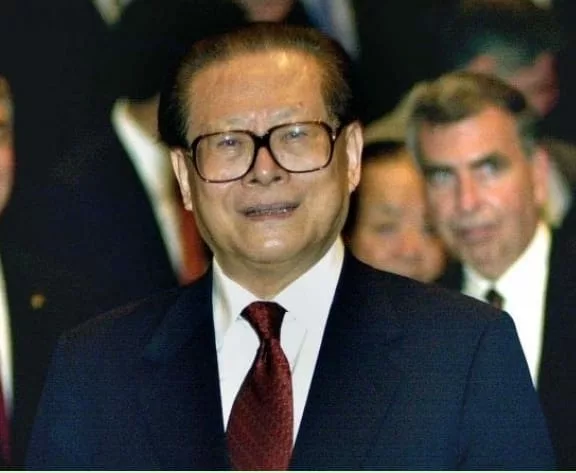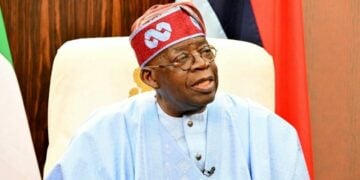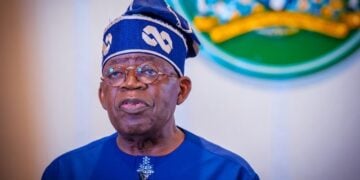Jiang Zemin, the Chinese communist leader who paved the way for the country’s emergence as a global superpower, has died, state-run Xinhua news agency announced Wednesday. He was 96.
The former chief of the ruling Communist Party and state president died of leukemia and associated multiple organ failure on Wednesday in Shanghai. He is survived by his wife, two sons and two grandchildren.
Jiang’s death comes at a particularly sensitive time in China. An unprecedented wave of protests against the country’s unrelenting “zero-Covid” policy erupted across China in recent days, with some demonstrators in Shanghai calling on current leader Xi Jinping to step down. China has a history of people taking to the streets to mourn the deaths of previous leaders, while airing their grievances against incumbent governments.
Jiang is often credited for successfully integrating China into the international community after the nation was shunned by the West following the 1989 Tiananmen Square massacre.
With him as its top leader, China regained sovereignty over Hong Kong, won the bid to host the 2008 Olympics in Beijing and, perhaps most importantly, joined the World Trade Organization.
“That was probably the key catalyst to the great growth spurts of double-digit growth for a decade or more – because of that integration,” said Robert Lawrence Kuhn, author of a 2005 biography, “The Man Who Changed China: The Life and Legacy of Jiang Zemin.”
In terms of the economic trajectory that was set, it’s absolutely clear to me it was established during that time, and it became irreversible toward the end of his term to hold office.
Many observers, though, also see Jiang’s reign as having sown the seeds of widespread corruption, which remains a lightning rod for massive discontent to this day. He touted the benefit of “everyone making a fortune quietly” amid continued emphasis on one-party rule instead of political reform.
Initially considered a transitional figure, the relatively unknown Jiang was handpicked in 1989 by then-paramount leader Deng Xiaoping to head the party after the bloody military suppression of the pro-democracy movement nationwide that same year led to the ouster of Zhao Ziyang, the previous party chief sympathetic to the protesters.
“Jiang was a contradictory figure and accidental leader,” said Pin Ho, founder and CEO of the Mirror Media Group, an influential New York-based Chinese-language publisher of books and websites on Chinese politics. “He admired and respected Western cultures – but he also had to live within the Chinese political system.”
“He was not prepared to become a well-thought and visionary leader,” he added. “He merely extended Deng’s rule by executing Deng’s policies.”
Those policies focused on economic liberalization and globalization, which led to improving standards of living as well as a widening wealth gap, while maintaining the party’s iron grip over political, ideological and military affairs in the world’s most populous nation.
Chinese leader Jiang Zemin shakes hands with Prince Charles at the handover ceremony of Hong Kong to Chinese rule on July 1, 1997.





